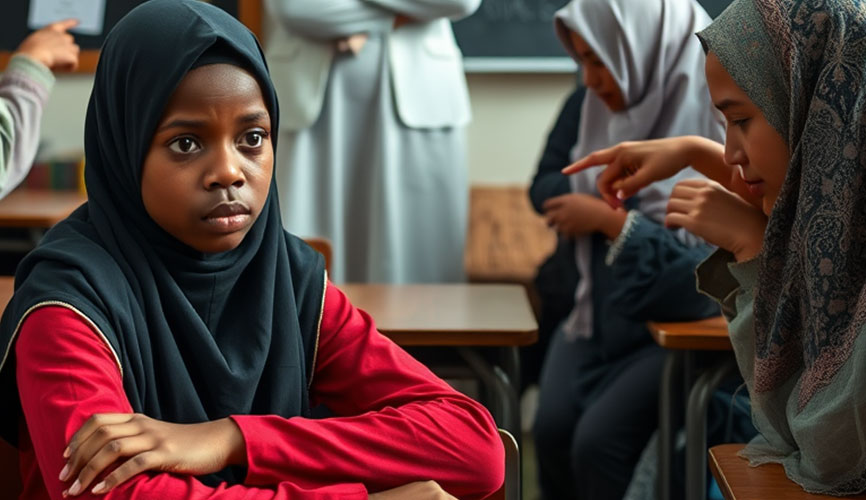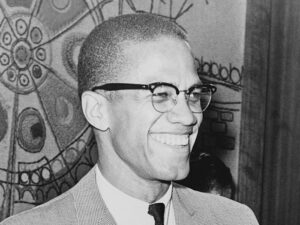As we commemorate Black History Month, MANA is proud to present a thought-provoking series that delves into the complex dynamics of antiblackness within immigrant-majority, immigrant-led educational spaces in the United States, particularly full-time Islamic schools. This series draws on extensive research by Ustadha Rukayat Yakub that illuminates the experiences of Black Muslims navigating these environments, where issues of identity, belonging, and cultural representation often collide.
Throughout this series, we will explore the various forms of antiblackness that persist in these educational settings, highlighting the voices of those who have faced both overt and subtle forms of discrimination. Rukayat uses interviews and survey data to uncover the challenges Black students encounter, from derogatory language and cultural disparagement to a lack of curriculum that reflects their rich histories and contributions to Islam.
She also examines the historical context of Blackness within Muslim communities, the implications of racial hierarchies, and the need for systemic change in addressing these issues. By bringing these narratives to light, we aim to foster a deeper understanding of the intersectionality of race, culture, and faith, and to encourage meaningful dialogue about how we can create more inclusive and affirming educational spaces for all students.
Join us on this journey as we not only reflect on the past but also envision a future where every student, regardless of their background, feels a true sense of belonging and respect within their educational community. Together, let’s confront antiblackness and strive for a more equitable and just environment for future generations.
Here are links to the installments in this series: Part 1 | Part 2 | Part 3 | Part 4 | Part 5
Akanke is a native of Atlanta who now resides in Dayton, Ohio. She has also lived in Bahrain, Saudi Arabia, and Grenada, West Indies. She discovered Islam in 1994, and her faith, spirituality, and personal development have been the driving force in her life ever since. A graduate of Georgia State University with a degree in Communication, Akanke focused on film, TV, and cultural anthropology during her studies. Her career is diverse, and her interests span various media platforms. From producing TV and radio shows to creating documentaries, coaching individuals towards empowerment, creating and exhibiting unique abstract paintings, providing public speaking guidance, delivering leadership training, and lending her voiceover talent to various projects, she strives sincerely to make a lasting and authentic impact wherever she goes. Akanke has been a dedicated supporter of MANA since 2007, currently serving as the organization’s Board Vice President. In this role, she plays a key part in shaping the organization’s vision and strategy. Additionally, she serves as the part-time Communications Director, where she excels in crafting compelling communication tools, including newsletters, articles, graphic designs, and social media campaigns. Through her work with MANA, Akanke continues to make a positive difference, using her talents and passion to uplift and inspire others.





